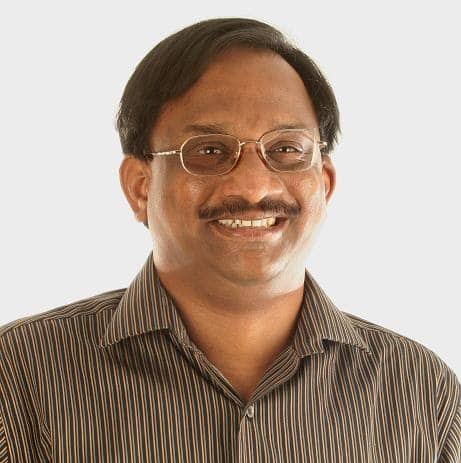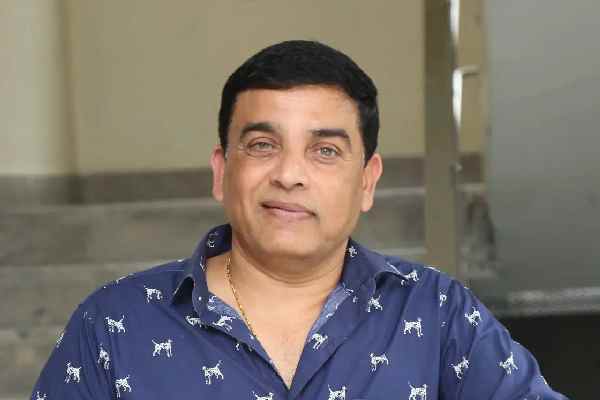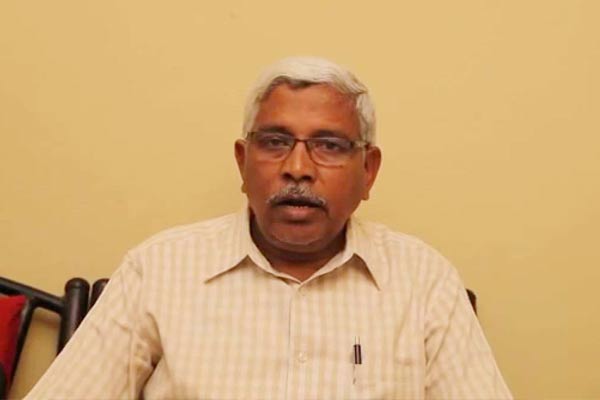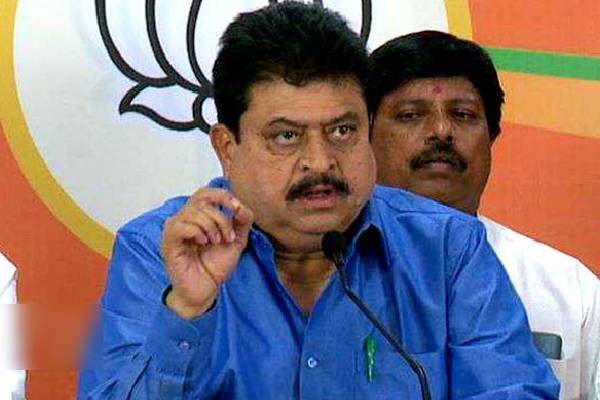 Yet another political party descended on the Telangana political horizon with Prof. Kodandaram transforming the Telangana Joint Action Committee (TJAC) into Telangana Jana Samithi (TJS). But, challenges galore for the professor turned politician in the already crowded political space of Telangana. It is too early and erroneous to speculate on the political fortunes of the new outfit. But, this is only an earnest attempt to appraise the challenges before the TJS, and overcoming them will prove to be crucial for the success of the new political party at the hustings.
Yet another political party descended on the Telangana political horizon with Prof. Kodandaram transforming the Telangana Joint Action Committee (TJAC) into Telangana Jana Samithi (TJS). But, challenges galore for the professor turned politician in the already crowded political space of Telangana. It is too early and erroneous to speculate on the political fortunes of the new outfit. But, this is only an earnest attempt to appraise the challenges before the TJS, and overcoming them will prove to be crucial for the success of the new political party at the hustings.
To begin with the Telangana political spectrum is already fragmented with the ruling TRS still formidable as the Telangana narrative is fresh in the minds of the people who fought for a separate state. The resource rich character of the new state enabled the TRS government to initiate several welfare and populist measures to keep the people in their fold. Besides, the state government raised voluminous debt to finance its huge developmental spending. All this certainly created a hope and aspiration among the people that something is certainly happening. The time has therefore not come yet for the anti-incumbency to consolidate despite discontent among various sections. The iconic image of the Chief minister has no match in the opposition. The political acumen and the powerful articulation in the native idiom endears KCR to the people of Telangana. However, it is wrong to build a theory of invincibility around any leader or party.
Meanwhile, the main opposition is stronger and it enjoys the image as a party that has delivered the Telangana state though people preferred the party that led the movement in 2014.
Besides, the presence of the BJP, TDP, the Left have choked the political sphere. The TJS has to struggle to carve out a place for itself in this political milieu.
The TJAC mainly comprised of the activists who could not be accommodated by KCR in new political and administrative apparatus. Thus, a strong ideological commonality does not exist in the new party. The TJAC itself was a combination of diverse political groups and civil society organisations. Many of these parties and even organisations especially the TNGOs have moved away from the TJAC even before the JAC transformed into a political party. The TJS is not averse to taking leaders from other parties. But, such a move is a double edged sword. It will certainly add muscle to the new party which badly needs cadre and leadership. At the same time such process of leaders moving from other parties into the new party will erode its fresh and independent character. Thus, it is a catch-22 situation for Prof Kodandaram when it comes to accepting disgruntled elements from other parties is concerned.
Even before, the TJS is formed the TRS could successfully create an impression in the electorate that the emerging new party is an extension of Congress. The TJAC also did precious little to dispel such a notion. Speculation is rife in the political circles that TJS would have an electoral alliance with Congress. This would limit the chances of the new party emerging as an alternative to the ruling TRS. The experience in Delhi suggests that AAP challenged the ruling Congress and the opposition BJP to emerge a victorious. But, the TJS seems to be not keen on doing so.
Similarly, AAP was a conglomeration of several civil society organisations with varied political hues. But, the TJS comprises of only TJAC which is only a pale version of the JAC that spearheaded the movement for separate state. But, the ideological heterogeneity that rocks AAP also finds its expression in TJS.
However, the new party is yet to crystallise its programme and action plan and is therefore premature to arrive at any conclusion.
During the movement for separate statehood too, Prof. Kodandaram failed to completely demarcate with the TRS. Despite the presence of other parties, the TJAC functioned more or else as a wing of TRS. This adversely affected the independent image of the JAC and its leadership.
Though, the TJAC organised many protests, the over four year long period is certainly too long for the formation of new political party. There is both an advantage and a disadvantage in launching a party on the eve of elections. It is a disadvantage as the new party has little time to create a grassroots organisational structure to mobilise men and material. But, it can also be an advantage as too long time makes it difficult to sustain a new political party.
Only time will tell how the TJS can steer through the Telangana political landscape.



































